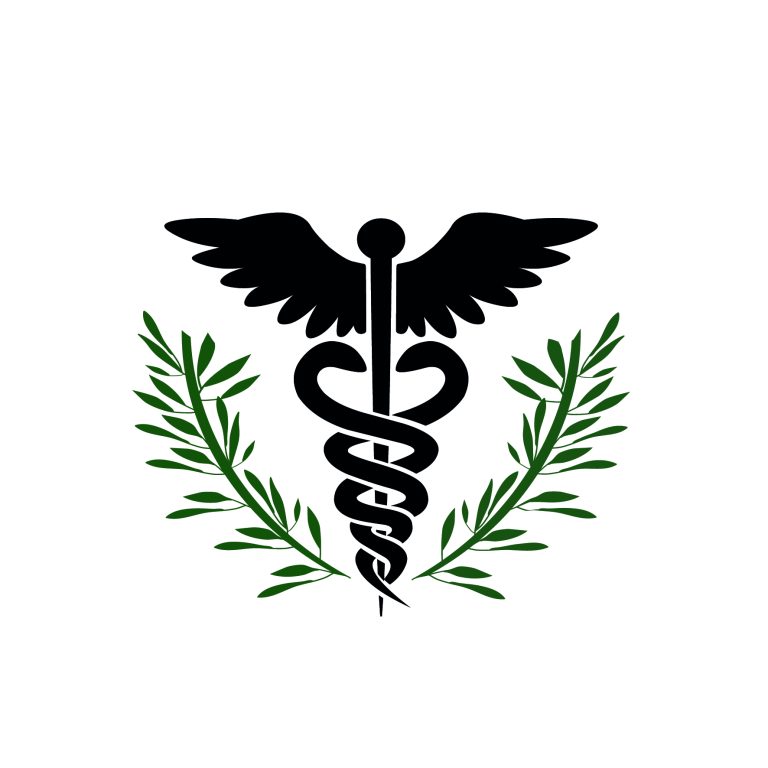As a former VA psychiatrist who conducted a significant amount of psychotherapy in my practice, I am very concerned about the current lack of adequate standards for mental health providers participating in the department’s Community Care program.
When I joined the VA, I quickly found that despite my significant experience carrying for patients with PTSD in a community health setting, it did not prepare me for the special needs of patients with combat-related PTSD or Military Sexual Trauma. Even though I am a veteran myself, I had much to learn about how PTSD expresses itself in these populations, and the importance of understanding the military experiences of veterans who suffer from them these conditions. There is no substitute for immersing yourself in the task, which surveys have shown most private providers are unwilling to do. This is despite the fact that other studies show that most community providers know little to nothing about military culture.
While training in the rudiments of military culture is better than nothing, it will not substitute for experience in treating the veteran population. That is not something that can be obtained through treating a small proportion of veterans in the course of a general practice.
Therefore, I recommend in the strongest possible terms that such training be more than cursory, that those who complete the training be tested for competency, that they be retested annually, and that statistics of the effectiveness of training be kept and analyzed annually.
It is probably too much to ask that they be competent in evidence-based methods of treatment, but it would be nice if they were. I saw far too much non-evidence based psychotherapy practices when I was in community care to feel at all comfortable with referring the most vulnerable of our veterans to inadequately trained providers.
That brings me to my biggest concern, which is that there don’t seem to be any specific standards for suicide risk assessment and prevention. I found that such standards vary widely in the community, reflecting the lack of standardized training in the area. I took many courses in suicide prediction and prevention while working in the community, along with doing a great deal of supplementary reading, but never felt completely comfortable with my own practices until I learned the VA’s excellent system. Training in this system of of suicide assessment and prevention should be required, and any cases of suicide in patients referred to the community should be investigated to assure that VA standards were met, as they would be in the VA.
This is a lot to expect from private providers, but our veterans deserve the best. That means that referral to community care for behavioral health issues ought to be strictly limited to handle overflow of patients assessed by the VA to be at low risk. Minimizing overflow demand is best accomplished by investing in competitive salaries for VA providers, increasing scholarships and other financial aid to students in the behavioral sciences who agree to work in the VA, and the cessation of unnecessary referrals outside the VA when they don’t result in lower wait times or improved quality, as research has shown is often the case. The money saved would be far better spent improving the ability of the VA to provide care on its own and in maintaining the integrated nature that enables it to deliver the best health care in the world when it has the resources it needs.



